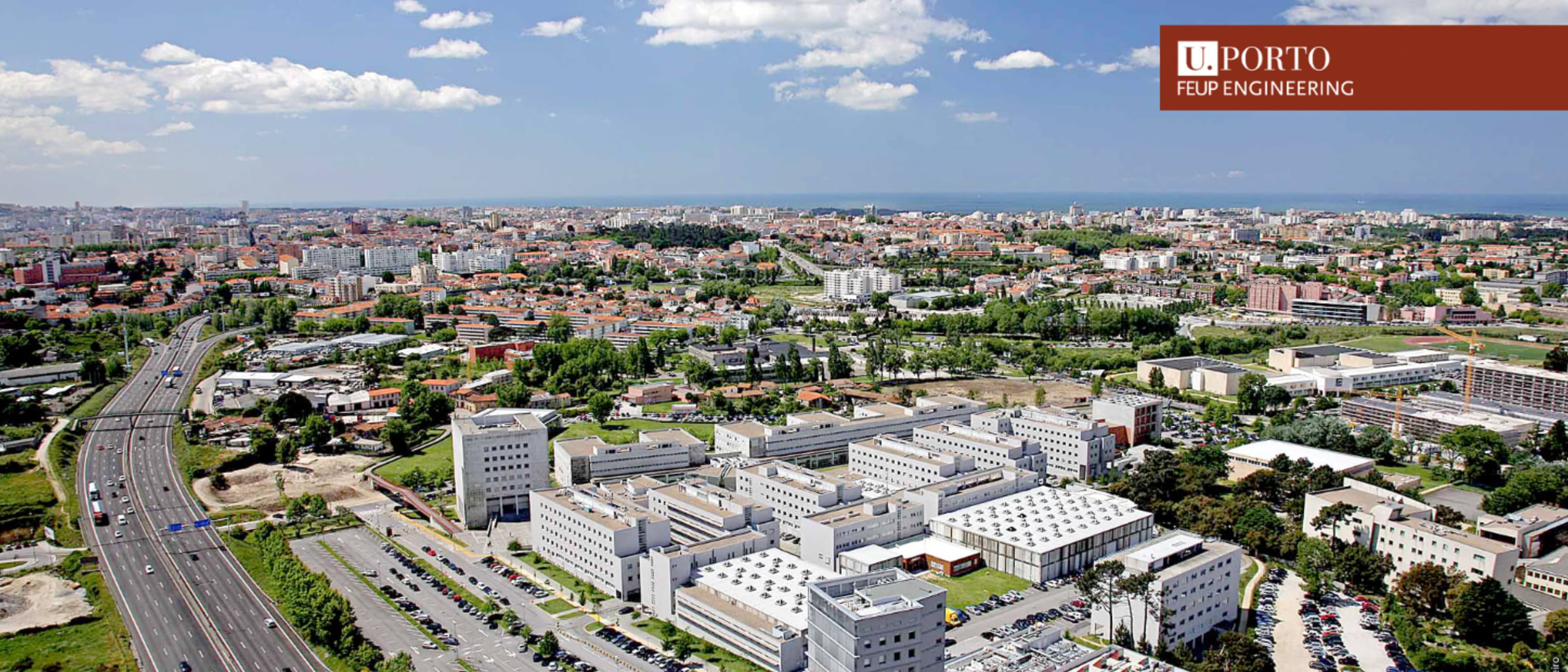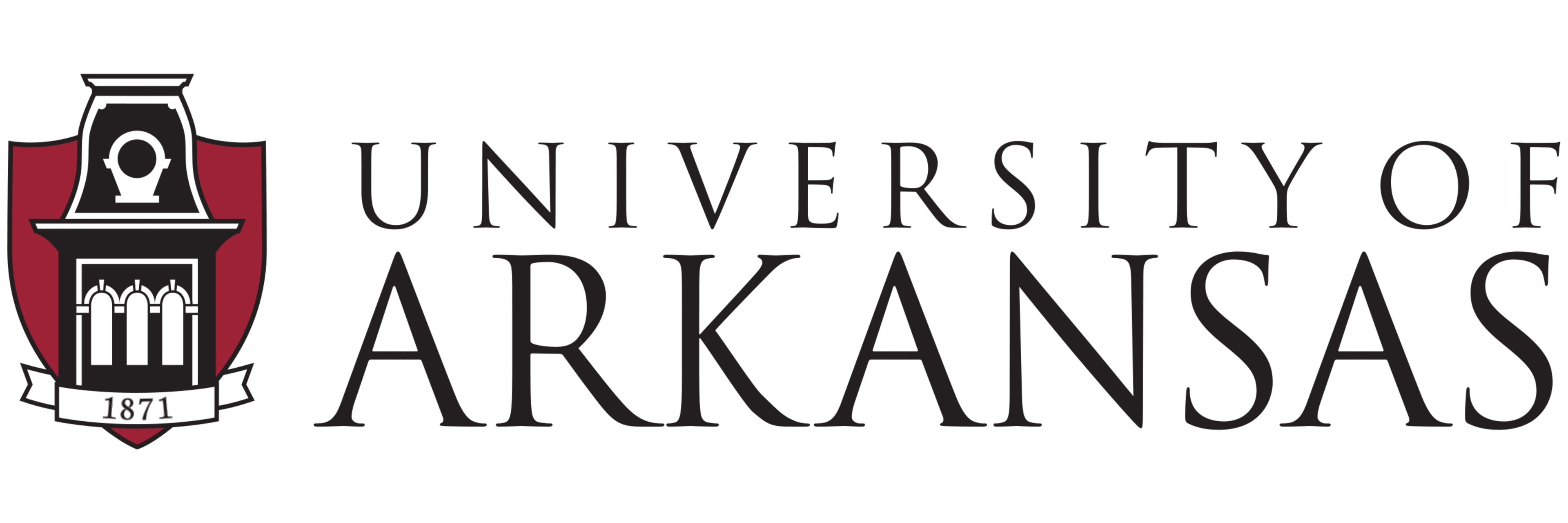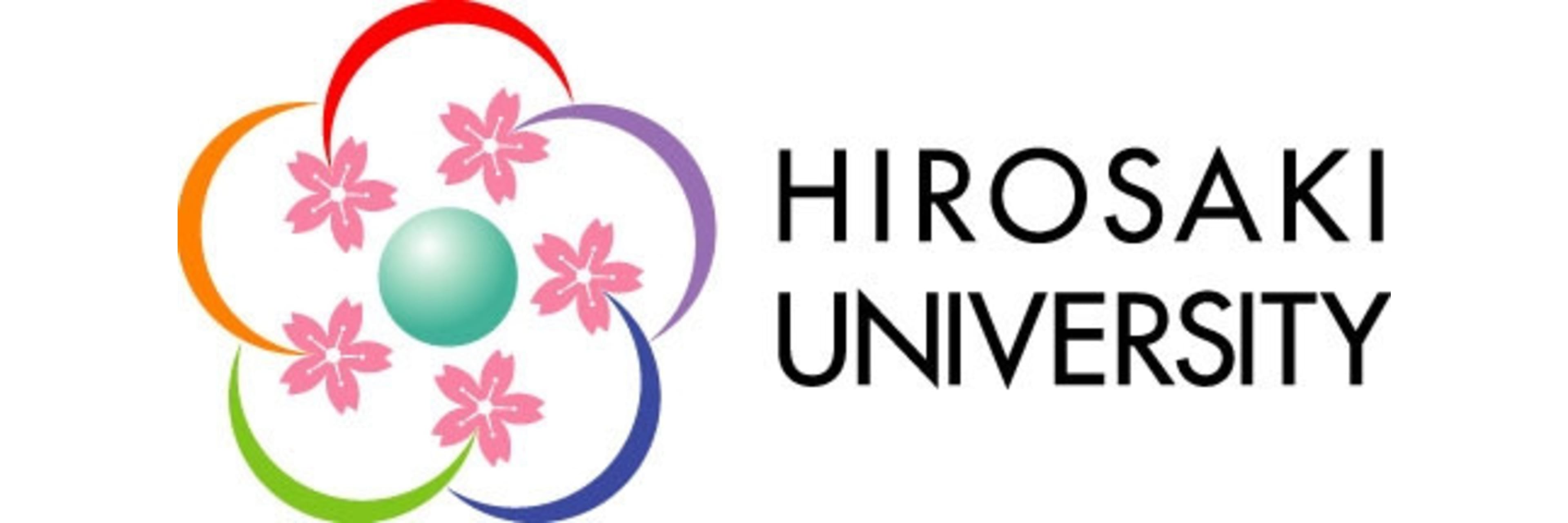Filters
Filters
- Masters
- Life Sciences Programs
- Professional Life Sciences
Sort by
9 Professional Life Sciences Masters Degree Programs


Promoted
Leiden University
MSc Life Science and Technology
- Leiden, Netherlands
MSc
Full time
2 years
On-Campus
English
The cell is the building block of life. Increased knowledge of the mechanisms of the biomolecular and biochemical processes in the cell leads to better medicines, new methods for combating diseases.


Promoted
HTW Berlin University Of Applied Sciences
MBA & Engineering in Life Science Management
- Berlin, Germany
Master degree
Full time
3 semesters
On-Campus
English
Internationally accredited MBA & E Life Science Management Program equips you with life science management expertise required in leaders of the future combining comprehensive, industry-specific knowledge and management skills. Benefit from this integral program approach recognising the need for leaders with deep understanding of science and management alike. Taught exclusively in English and dedicated to engineers, bio-technologists, natural scientists, business managers, industrial engineers and similar professionals.


Sunway University
Master of Science in Life Sciences
- Shah Alam, Malaysia
MSc
Full time, Part time
2 years
On-Campus
English
The Master of Science in Life Sciences program aims to provide students with a deep understanding of biological sciences and related fields. It covers core areas like molecular biology, genetics, micr...


Hanze University of Applied Sciences, Groningen
Master in Data Science for Life Sciences
- Groningen, Netherlands
Master degree
Full time
2 years
On-Campus
English
Are you good at handling lots of data? Would you like to learn more programming techniques and apply them to bridge the gap between computer science and life sciences? After this master, you will possess the skills you need to facilitate and initiate innovations for life sciences, such as programming machine learning applications and managing data storage.
Best programs for you
Answer a few questions and we'll match you with programs!


Faculty of Engineering of the University of Porto
Fast-track counseling
Master in Bioengineering
- Porto, Portugal
Master degree
Full time, Part time
2 years
On-Campus
English
Fast-track counseling
Bioengineering is an interdisciplinary and transversal field, which integrates several domains of engineering and life sciences. Its mission is to solve problems that arise in biomedicine and industrial biotechnology, from the perspectives of process and molecular engineering.


Ehime University
Master in Life Sciences
- Matsuyama, Japan
Master degree
Full time
On-Campus
English
This division provides education programs focusing on protein sciences and has four main lecture contents that are grappled with in Proteo-Science Center: infections molecular science, photo-life science, molecular life science, and protein function science.


University of Arkansas
Master's in Agricultural, Food and Life Sciences
- Fayetteville, USA
Master degree
Full time
On-Campus
English
The Master's program in Agricultural, Food, and Life Sciences offers students a comprehensive curriculum designed to prepare them for advanced careers in agricultural and life sciences disciplines. Th...


Hirosaki University
Master in Agriculture and Life Sciences
- Hirosaki, Japan
Master degree
Full time
2 years
On-Campus
The master’s program consists of five courses: “Biology”, “Biochemistry & Molecular Biology”, “Applied Biosciences”, “Agriculture & Horticulture”, and “Agricultural & Environmental Engineering”.


Lund University
MSc in Service Management, Culture and Creativity Management
- Helsingborg, Sweden
MSc
Full time
2 years
On-Campus
English
The programme in Service Management combines in-depth subject knowledge of the services sectors with an understanding of the specific organisational and managerial needs of service activities. More diversified demands on managers and professionals within the cultural, creative and non-profit sectors due to technical, economic and social changes call for qualified training in management and development of services, ventures and organisations. You will get a profound understanding of the specific conditions and production processes of the sectors. You will study and analyse theories and case studies from the sectors related to issues like governance, leadership, organising, entrepreneurship and service development.
Popular Life Sciences Programs Professional Life Sciences degree types
Popular study format
Learn more about Professional Life Sciences Masters degree programs
Professional Life Sciences degree programs at the Master's degree level delve into the intricate relationship between living systems and their environments. This field emphasizes a blend of advanced research and practical applications, equipping you with the competencies needed to contribute to the healthcare, environmental, and biotechnology sectors.
You'll explore topics like biostatistics, molecular biology, and bioinformatics, where you gain practical skills in data analysis and laboratory techniques. Students build confidence as they engage with new perspectives and collaborate on innovative projects that address real-world challenges in life sciences.
In these programs, you’ll develop skills in project management, regulatory compliance, and scientific communication. You'll work with actual case studies and participate in laboratory work, enhancing your understanding of life science research methodologies. Graduates often pursue positions as research scientists, regulatory affairs specialists, or quality assurance managers, ready to meet the growing demands of the life sciences industry and contribute positively to society.